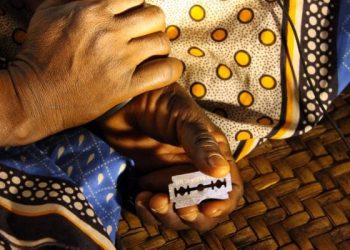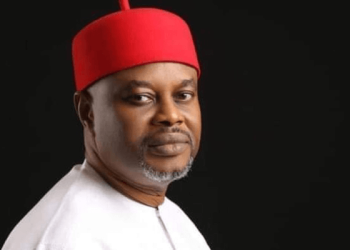With the 2015 elections concluded, the desire to re-engineer the electoral system to deliver a better process and put everyday citizen in charge of democracy has become paramount. Although several observer missions have scored the elections, held on March 28 and April 11, as largely credible, the authorities need to adopt fresh measures to enrich the democratic process. These should eliminate the pre-election tension and plug the legal loopholes that threatened to render the last process inconclusive. With the opposition party gaining power, the prospects for serious electoral reform should look brighter now than at any other time since 1999.
The Chairman of the Independent National Electoral Commission, Attahiru Jega, gave a fillip to the immediacy of electoral reforms in a joint review of the 2015 exercise he held with members of the Nigerian Civil Society Situation Room. Pointing out that the country would have imploded in crisis if the March 28 presidential ballot had not produced a clear winner because of the legal implications of conducting a run-off within seven days, Jega advised, “… I emphasise that amendments to the electoral laws should be done in good time. We could have further sanitised the electoral process if we had got some of the amendments we required ….”
It is widely accepted that, in order to ensure free and fair elections, the electoral body should be impartial and independent, both of the government of the day and of any political partisan connections. It must also be properly funded to create a culture of a non-partisan, professional public-sector work ethic and career opportunities forthe staff of the electoral body. But elections in Nigeria have been so divisive, regularly threatening to sweep the country into anarchy. In 2011, Human Rights Watch, a global rights group, said 800 Nigerians died in the post-election violence of that year. The rigging spree during the 1983 elections instigated turbulence and an eventual military putsch on December 31 that toppled the Second Republic. The manipulation and turmoil that followed the old Western Region elections between 1963 and 1964 provoked the January 15, 1966 takeover by the military.
To gauge the magnitude of the decay, the major beneficiary of the 2007 ballot, regarded as the most fraudulent in Nigerian history, President Umaru Yar’Adua, admitted that the election that brought him into office was riddled with manipulation. “The April (2007) elections had flaws and shortcomings, but it is significant that for the first time in our history, we had a civilian-to-civilian transfer of power,” Yar’Adua had told the United Nations Secretary-General, Ban Ki-moon.
Promising to correct this, Yar’Adua, in 2007, empanelled a 22-man National Electoral Reform Committee led by Muhammadu Uwais, a former Chief Justice of Nigeria. The committee’s 291-page report, submitted in 2008, was described as a watershed. But until Yar’Adua died in office in 2010, and since then, not much has been done to implement the report.
Yet, the Uwais report is unequivocal. For example, it recommends the abolition of the current provision in the Electoral Act, which allows a candidate whose victory is being challenged in court to assume office before the case is resolved. Our recent experience, in which the courts overthrew cases of supposed winners in the governorship polls in Ekiti, Osun, Edo and Ondo states, is a pointer to why the system needs to be reformed. In some of these states, the governors who rigged themselves in were in office for more than a year, collecting salaries and allowances. The reform should make it possible to prosecute those who subvert the electoral process.














































